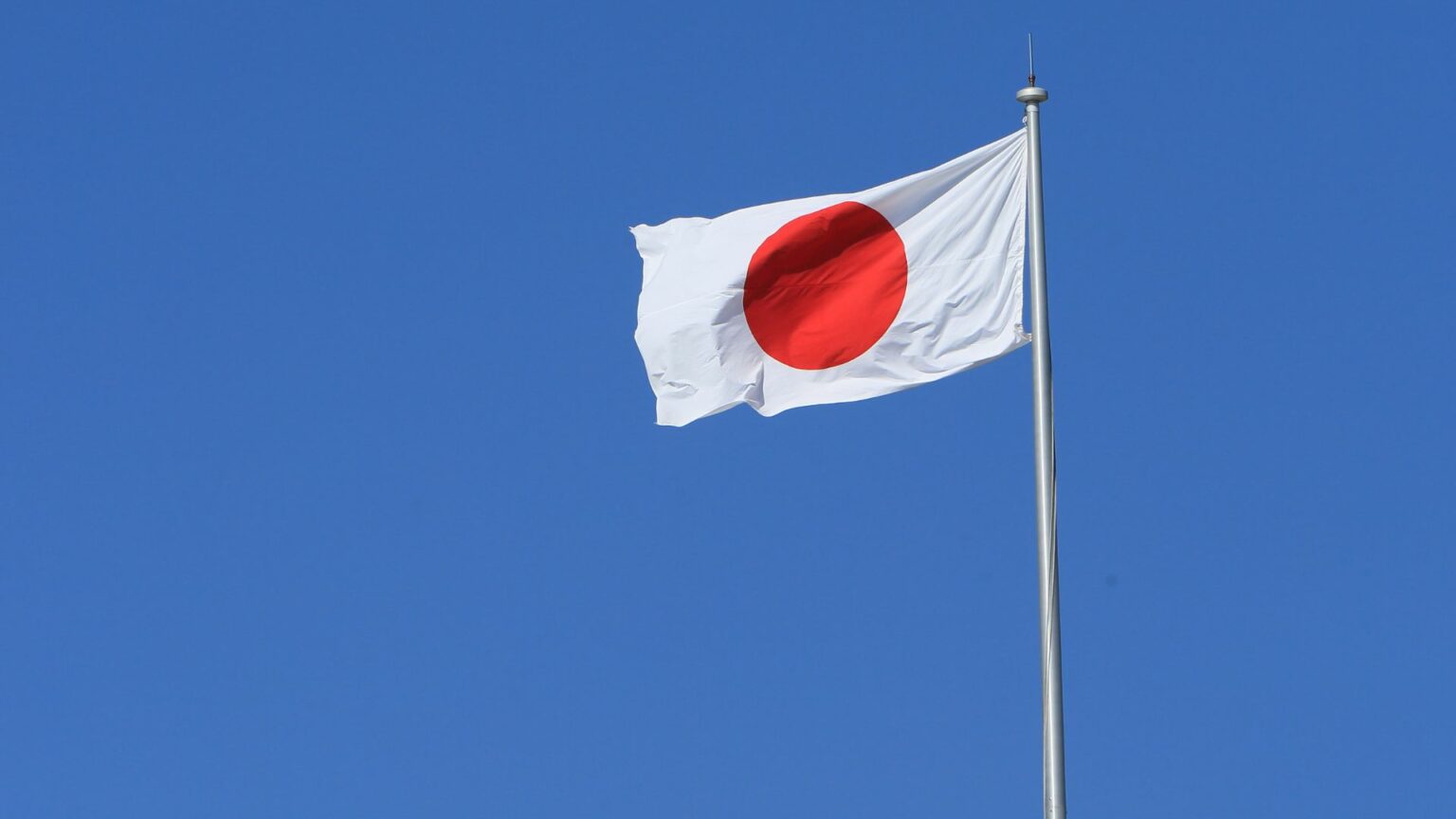Japanese technology company Asahi Kasei has inaugurated a new hydrogen pilot plant in Kawasaki, Japan.
This facility, which began operations in March 2024, represents a significant step in the company’s efforts to develop large-scale alkaline water electrolysis systems for green hydrogen production. However, the broader implications and market context warrant a closer look.
Asahi Kasei’s pilot plant features four 0.8 MW Aqualyzer modules, designed to operate under real-world conditions, including fluctuating power inputs from renewable sources like wind and solar. The company’s ambition is to scale this technology to a commercial 100 MW-class system, combining up to ten 10 MW modules. This approach aims to optimize the electrolysis process, addressing the variability of renewable energy sources.
The global hydrogen market is anticipated to grow rapidly, with the Hydrogen Council projecting a cumulative installed capacity of 300 GW by 2030. Asahi Kasei aims to capture a portion of this expanding market, leveraging its decades-long experience in chlor-alkali electrolysis. The company plans to commence commercial operations for its electrolyzers in 2025, targeting a total sales volume of ¥100 billion (€600 million) by 2030.
Despite the promising technology and ambitious goals, Asahi Kasei’s venture into large-scale hydrogen production faces significant market challenges. The hydrogen sector is highly competitive, with numerous companies vying for market share. Moreover, the current issue in the electrolyzer market is not just technological advancement but also the pace of demand growth.
Recent reports from BloombergNEF highlight a critical bottleneck: the slower-than-expected rollout of subsidies in the US and EU, which has delayed or canceled many projects on the demand side. This sluggish demand growth has resulted in financial losses for many electrolyzer manufacturers, despite technological advancements and increased production capacities.
Asahi Kasei’s strategy involves leveraging its pilot plant in Kawasaki and previous experience from the Fukushima Energy Research Field to establish a foothold in the large-scale electrolysis market. However, the company’s success will heavily depend on how quickly and effectively it can navigate the demand-side challenges and market saturation issues. The support from Japan’s New Energy and Industrial Technology Development Organization (NEDO) through the Green Innovation Fund is a positive aspect, but it does not entirely mitigate the broader market risks.
